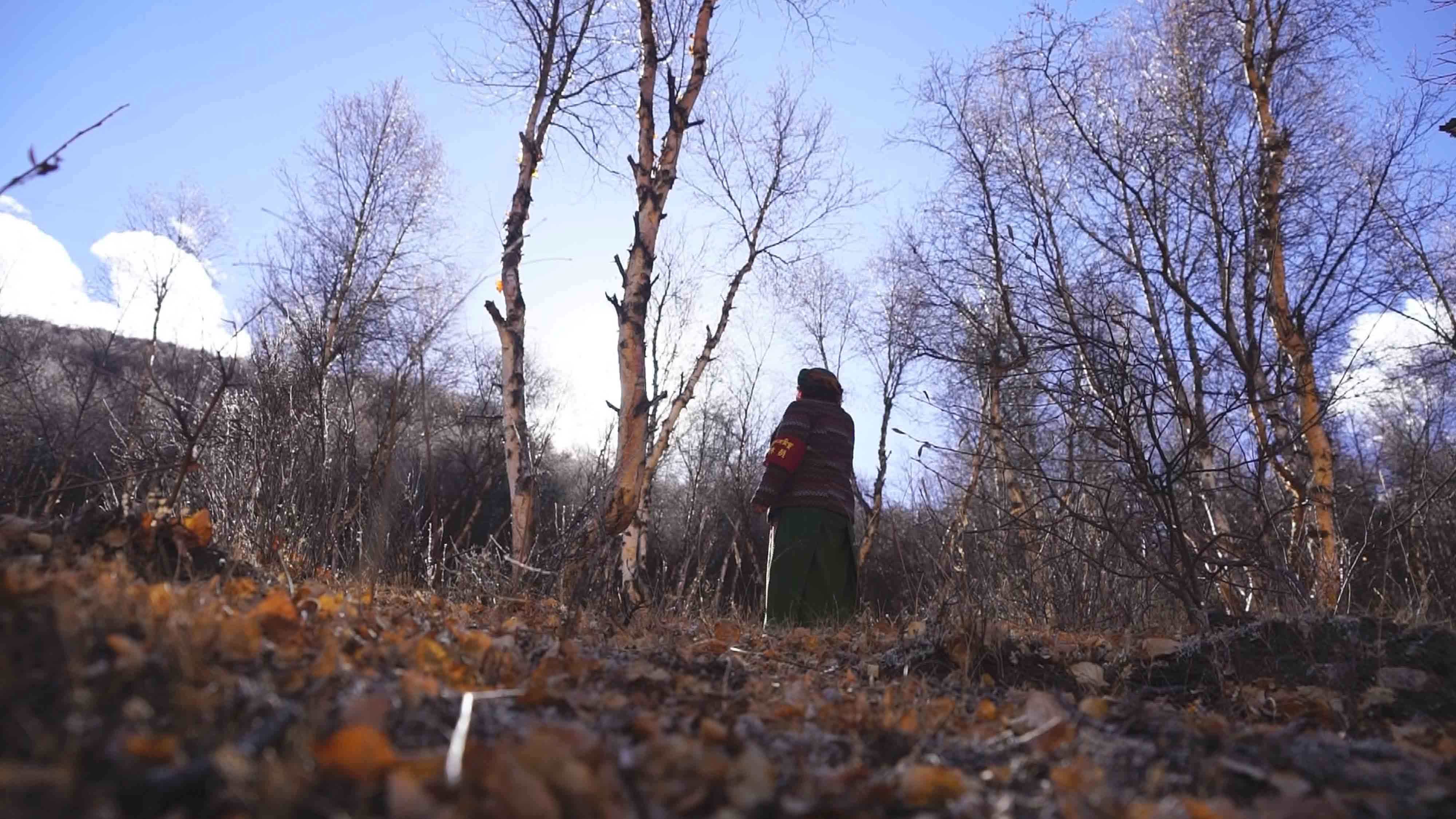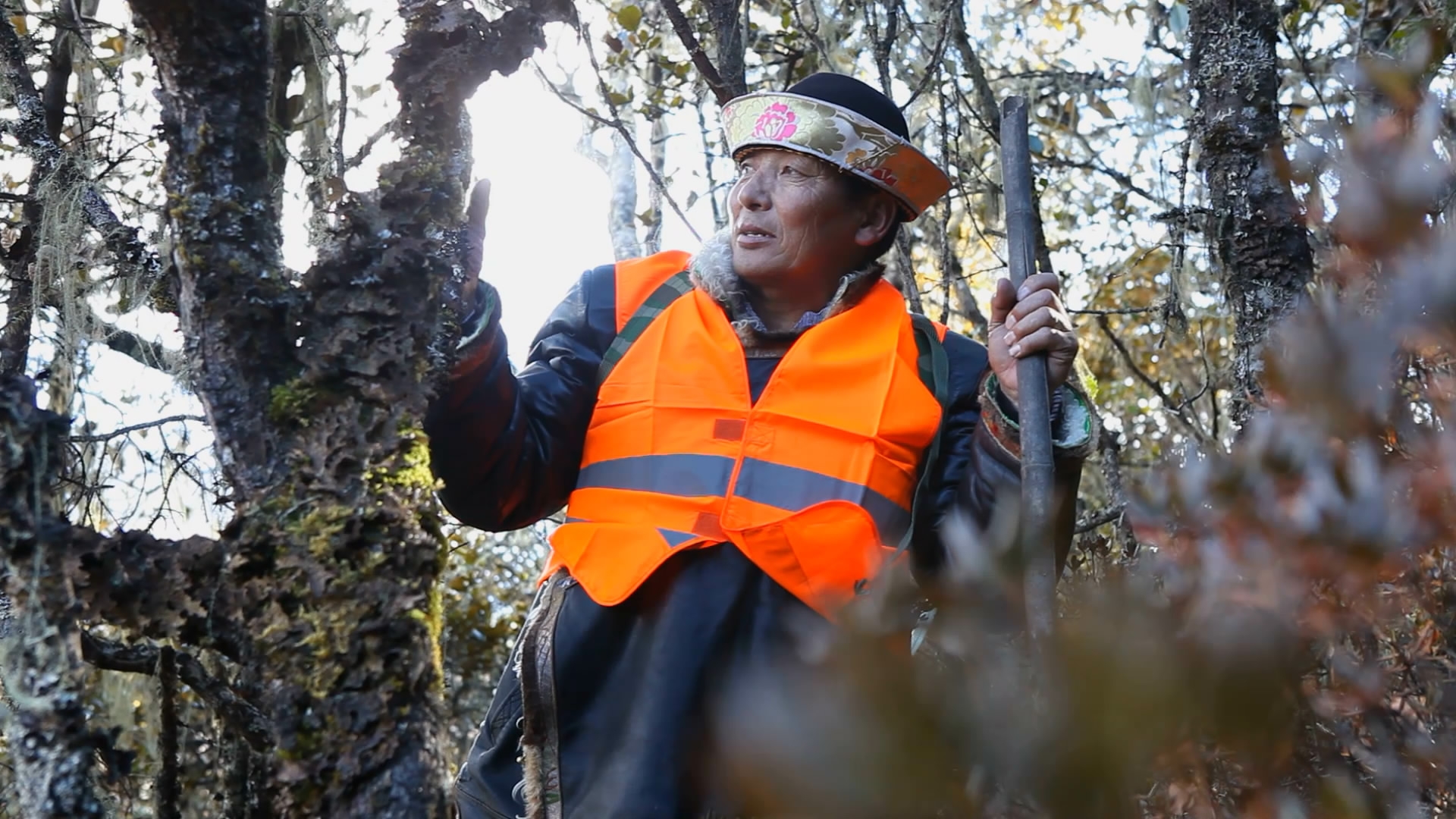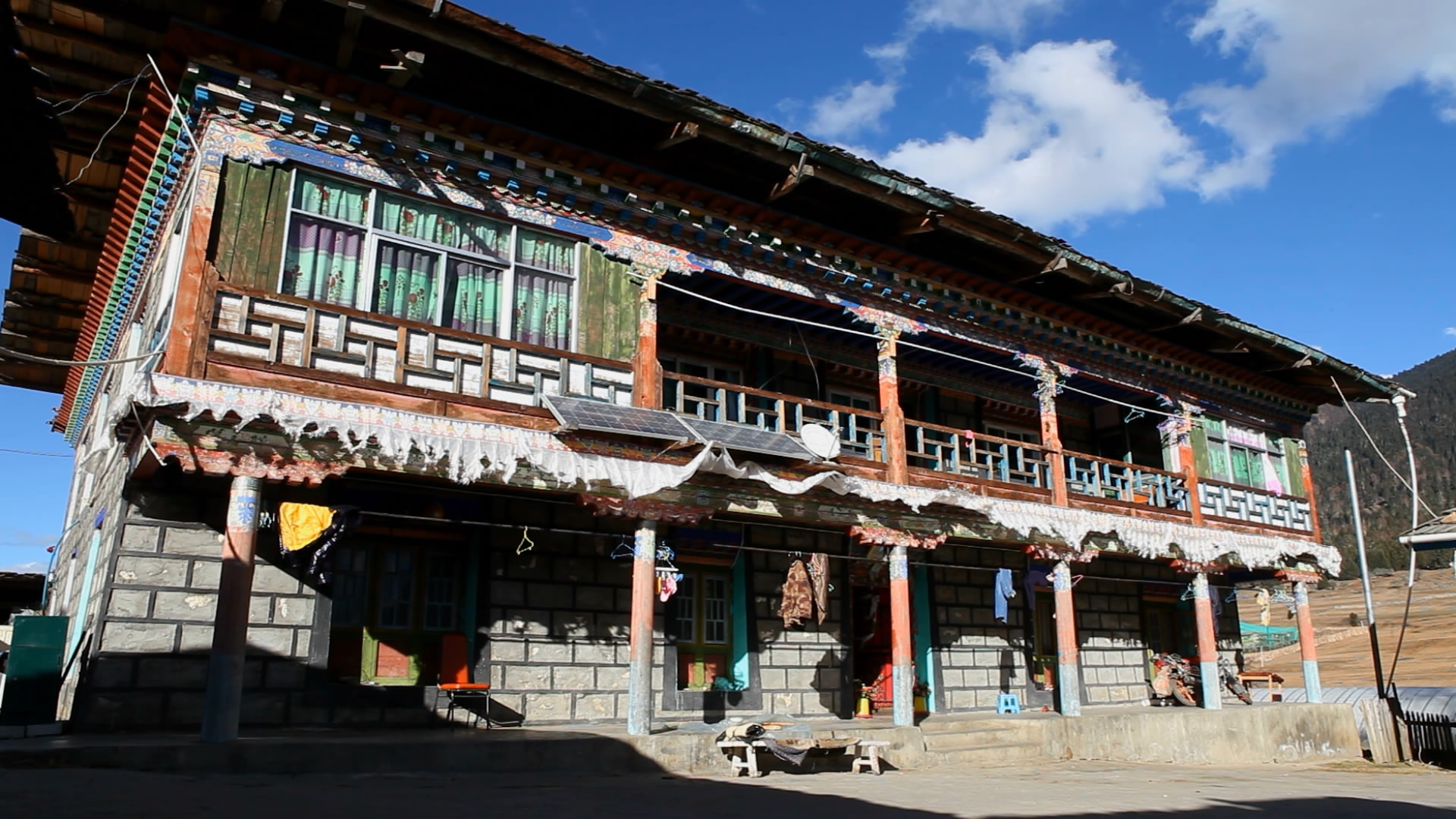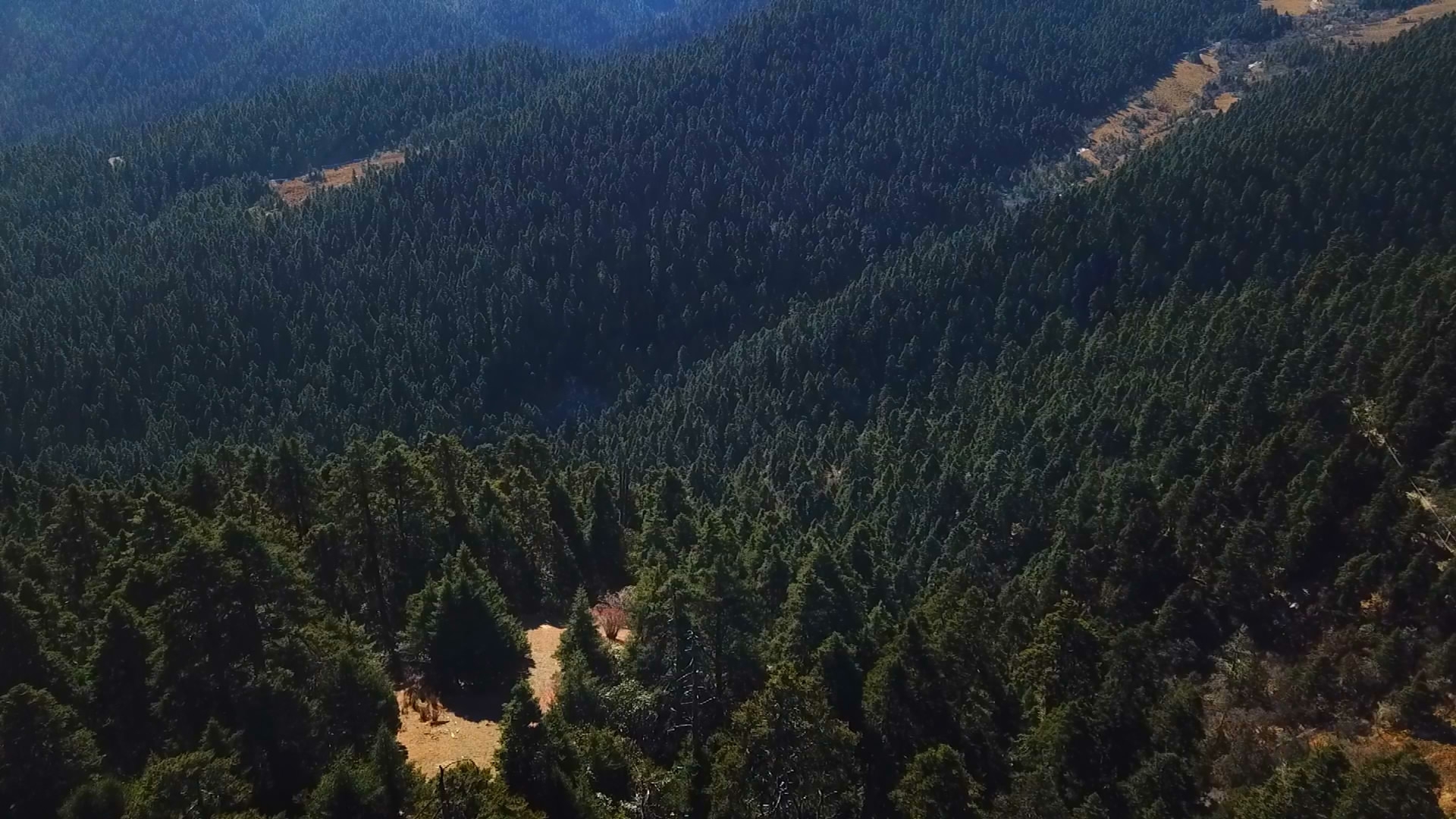
nature
22:12, 24-Dec-2017
Tibet’s development: Ecological protection efforts bring better life to locals
By Yang Jinghao and Luo Caiwen

It is a daily routine for Lhakpa Dolma to patrol the forests in Maizhokunggar, a county about 70 kilometers from downtown Lhasa. The 51-year-old Tibetan woman has been working as a forest ranger for 12 years after the central government established a special fund in 2004 to protect non-commercial forests across the country.
“My responsibility is to protect the woods, wild animals and herbs there. It’s an important job and I can earn more than 10 thousand yuan annually,” Lhakpa told CGTN.
There are more than 140-thousand forest rangers in Tibet, all local farmers and herdsmen. Their main task is to protect the forests from deforestation, poaching activity and fire, among other hazards.
The ecological environment of Tibet has been improving since the mechanism was set up, especially after the issue of a special regulation on the protection of Tibet’s non-commercial forests in 2015. Official data shows that from 2012 to 2016, the forestry area in Tibet increased by 190-thousand hectares.
So far, the central government has allocated more than 9 billion yuan as the “ecological compensation funds” to protect the forests in Tibet, most of which goes to paying the rangers. This has become an important way to reduce poverty in the southwestern frontier.
56-year-old Dawa Chog is a veteran ranger in the city of Nyingchi. He has witnessed the changes in his hometown of Luobu village during the past years. With the improvement of people’s ecological awareness, the surrounding environment has been thriving. More importantly, their devotion has,in turn, improved their lives.

Dawa Chog, a villager from Luobu village in Nyingchi, patrols the forests. Ecological environment in Tibet has been improving over the years. / CGTN Photo
Dawa Chog, a villager from Luobu village in Nyingchi, patrols the forests. Ecological environment in Tibet has been improving over the years. / CGTN Photo
“Back in 2005, there were no storied houses here at all, let alone the family inns. But ever since the ecological compensation system was implemented, the quality of life in our village has been improving.”
According to the policy, a forest ranger can get more than 1,000 yuan each month – ranging from different areas. Besides, their family members can enjoy different sums from the fund.
With extra money in hand and more tourists to the village, most of the families in Luobu have set up home inns to increase income. Dawa said his family can entertain scores of visitors during the peak season, who would taste the Tibetan food and try their costumes.

Home of Dawa Chog in Luobu village, Nyingchi. With more tourists to the village, he has set up homestay to increase income. / CGTN Photo
Home of Dawa Chog in Luobu village, Nyingchi. With more tourists to the village, he has set up homestay to increase income. / CGTN Photo
The central government has reiterated the importance of protecting ecological environments in the border regions, in particular, Tibet. Now, local authorities in Tibet are beefing up forest management in accordance with the nation’s “green development” concept.
Liu Jiujun, an official with the Forestry Department of Tibet Autonomous Region, told CGTN that they plan to expand the forest protection force by employing more rangers and let more people enjoy the ecological compensation funds.
Rangers like Dawa and Lhakpa work laboriously by patrolling the mountains and forests all year round. They say the effort is worth it, for the sake of their families as well as the country.

Forests in Lulang, a town in the city of Nyingchi. Official data shows that from 2012 to 2016, the forestry area in Tibet increased by 190-thousand hectares. / CGTN Photo
Forests in Lulang, a town in the city of Nyingchi. Official data shows that from 2012 to 2016, the forestry area in Tibet increased by 190-thousand hectares. / CGTN Photo

SITEMAP
Copyright © 2018 CGTN. Beijing ICP prepared NO.16065310-3
Copyright © 2018 CGTN. Beijing ICP prepared NO.16065310-3